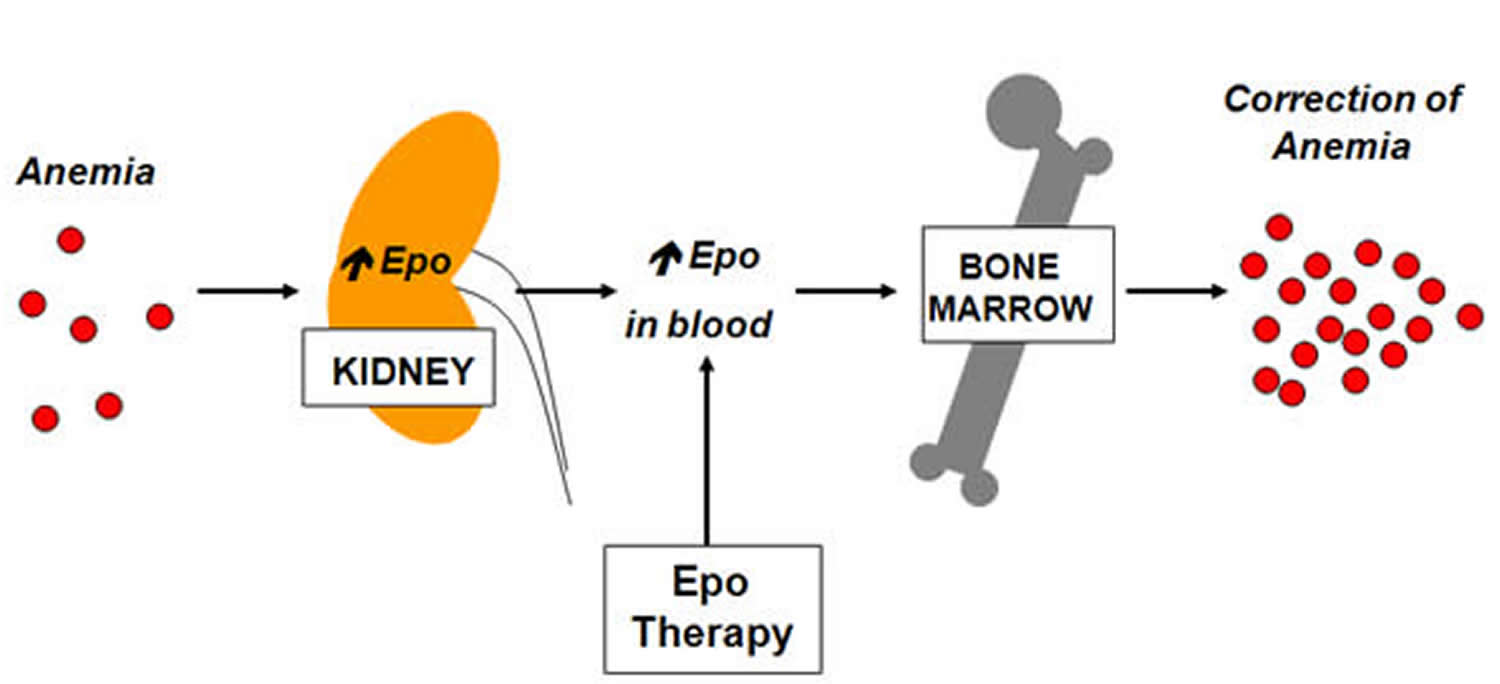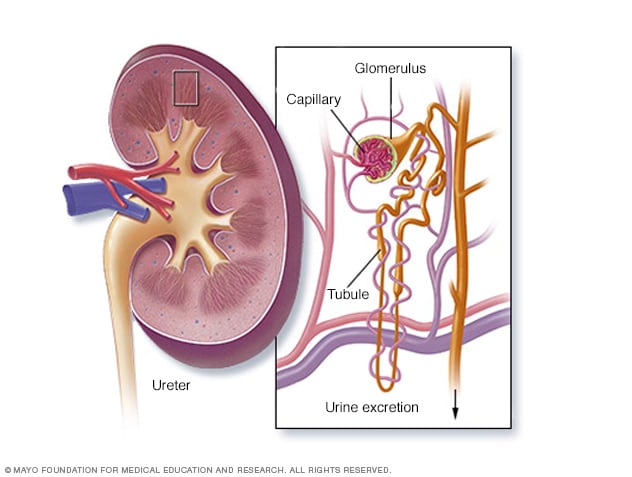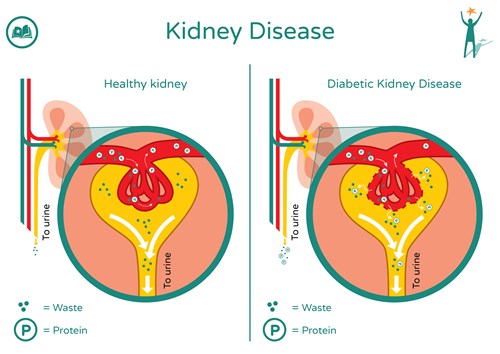Some signs of Kidney failure that should not be ignored.
Kidneys are located in the back of our abdomen just below the ribcage and one on each side of the spine. This region is also known as the 'flank-region'. Kidney's primary job is...
Kidneys are located in the back of our abdomen just below the ribcage and one on each side of the spine. This region is also known as the 'flank-region'. Kidney's primary job is...
Within 10 seconds of your first puff, the toxic chemicals in tobacco smoke reach your brain, heart and other organs. Smoking harms almost every part of your body and increases your risk of many diseases. Smoking also affects how you look and feel, your finances and the people close to you.

Polycystic kidney disease is also known as PKD is a genetic disease. This means that it is caused by the variations or genetic character present in your genes. In PKD there are cystic formations in the kidney.

Urine is a waste byproduct formed from excess water and metabolic waste molecules during the process of renal system filtration. The primary function of the renal system is to regulate blood volume and plasma osmolarity, and waste removal via urine is essentially a convenient way that the body performs many functions using one process.

Erythropoietin (EPO) is a hormone produced by the kidney. EPO has an important role in the production of red blood cells (RBCs), which carry oxygen from the lungs to the rest of the body.

Glomerulonephritis is a kidney disease in which the part of your kidneys that helps filter waste and fluids from the blood is damaged. There may be several factors behind it. The filtering unit of the kidney is called the glomerulus. Each kidney has nearly one million glomeruli.

The target of kidney transplantation is to restore one's state of health to normal. In time, you should be able to return to your normal activity level. Understamding the needs of a kidney transplantation is utmost important for comlete recovery and preventing graft rejection.

One of the most common cause of kidney failure is diabetes mellitus, a condition characterised by high blood glucose (sugar) levels. high levels of sugar in the blood damage tiny blood vessels throughout the body including the filters of the kidneys. As more damage occurs to the kidneys, more fluid and waste remain in the bloodstream instead of being removed. This eventually leads to kidney failure.

BENEFITS OF ISLET TRANSPLANTATION IN DIABETIC PATIENTS a) Improves quality of life b) Restores or improves patient’s body ability to regulate blood sugar level. Repeated blood sugar measurement and daily insulin injection can be reduced even eliminated for 3-5 years after transplantation in few patients. c) Reduces progression of hypoglycemia for long time. d) Reduces progression of long term complications of diabetes including heart disease, kidney disease, stroke, retinopathy & neuropathy. Beta cells are found in islets of pancreas which regulates